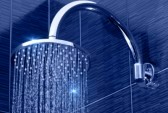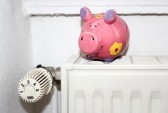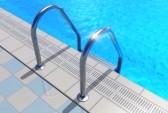 As a homeowner in the 21st century, going green is really the only way to save money and reduce your carbon footprint. Taking a whole house approach to energy efficiency is the responsible way for homeowners to take steps to reduce global warming and to reduce deficiencies in the atmosphere. As more and more natural disasters devastate countries and cause widespread suffering, going green is a way to sleep soundly at night knowing that you are making a serious difference. When it comes down to it, going green isn’t that hard and your whole way of life doesn’t have to change. You can take small steps and still go green.
As a homeowner in the 21st century, going green is really the only way to save money and reduce your carbon footprint. Taking a whole house approach to energy efficiency is the responsible way for homeowners to take steps to reduce global warming and to reduce deficiencies in the atmosphere. As more and more natural disasters devastate countries and cause widespread suffering, going green is a way to sleep soundly at night knowing that you are making a serious difference. When it comes down to it, going green isn’t that hard and your whole way of life doesn’t have to change. You can take small steps and still go green.
Here are five green energy tips that save homeowners money.
Air dry – don’t use the dryer. Anything that serves its function by drying is most likely going to be a big energy sucker. For instance, your clothes dryer in the laundry room or your dishwasher’s dryer setting. If you want to save money and energy, it is recommended to hang dry your clothing after a wash. When it comes to your dishes, you want to forgo the dryer setting and simply let your dishes air dry.




